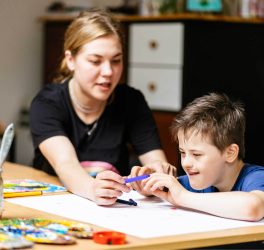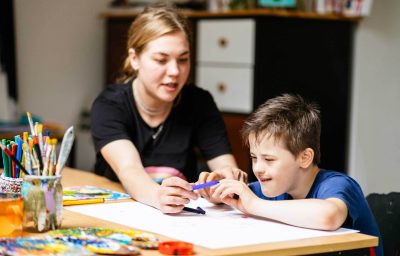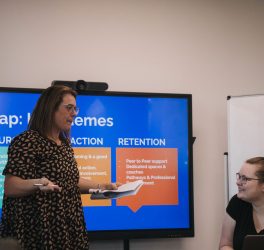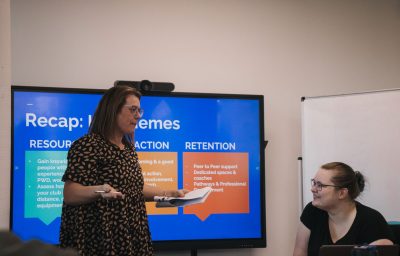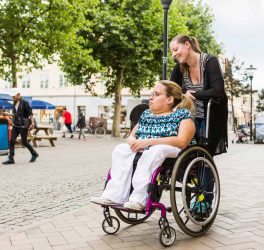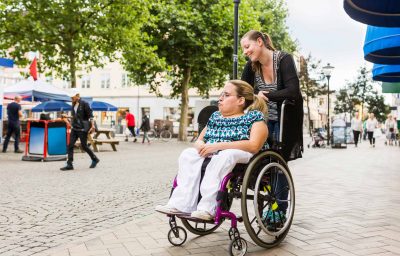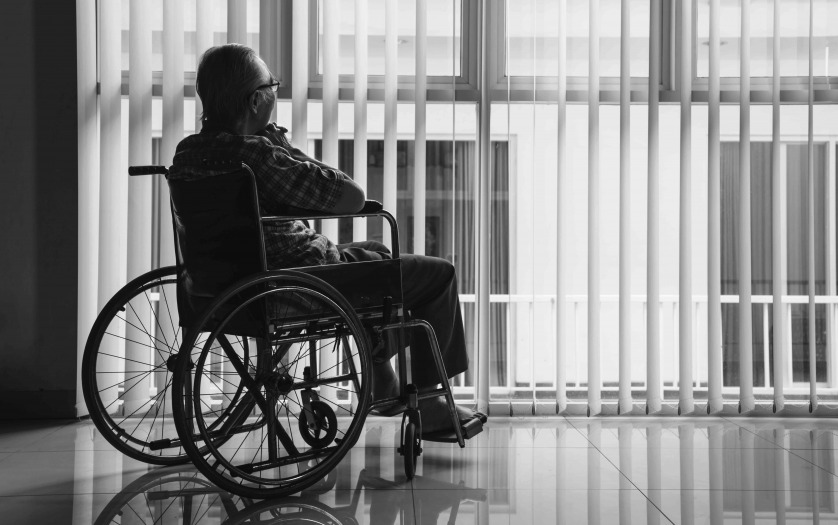
Cut-backs to telehealth services last week have seen countless Australians who are bedridden or housebound again become invisible in the eyes of in health system, highlighting the need to better understand and support persons with disabilities and older people.
The exact number of Australians confined to their homes is unknown, as there is no mechanism to consolidate data on all patients who are in this situation due to disease, frailty, disability or any number of non-COVID-19 medical conditions.
Temporary telehealth initiatives during COVID-19 have been life-changing, but with GP telehealth services cut on 20 July for people who have not attended a face-to-face appointment in the last 12 months, many people will again be excluded from primary healthcare services.
“Telehealth services must be continued for those who have not seen a GP face to face in the last 12 months who are homebound for non-COVID-19 medical reasons,” says Dr Maria Alejandra Pinero de Plaza, a researcher at Flinders University’s Caring Futures Institute.
Dr Pinero de Plaza is leading a new investigation to understand the experiences of the homebound population in Australia, regardless of their condition. The study will collect information on the experiences of people in this situation through an online survey.
“Our study is investigating the needs of people who are housebound to highlight the nature and extent of their experiences, primarily through a survey that is open this month. We hope the outcome will be a catalyst to improve health practice, initiate policy change and further research,” she says.
According to Dr Pinero de Plaza, cutting such services could impact negatively on the development of new avenues to improve the health, social and economic outcomes for people who are homebound.
“For example, studies of similar populations around the world have reported an increment of suicide rates in older people because of barriers to accessing health services.
“The pandemic response has supported the disadvantaged groups I am investigating. They have gained significant benefits such as increased autonomy and equity, however with the withdrawal of these benefits, I am worried.” Dr Pinero de Plaza says.
Ms Penelope McMillan, an experienced health consumer advocate and retired psychologist agrees. She is collaborating with Dr Pinero de Plaza’s study: ‘Making the invisible visible: Exploring the experiences of frail, homebound and bedridden people’ as a consumer co-researcher.
“People who are housebound have long felt they were fighting alone for access to primary healthcare; that the requirement to attend appointments was an immovable construct in the health system,” she says.
“What COVID-19 discussions have brought to light is that clinicians also support telehealth as a way to provide healthcare to people unable to attend appointments. In the past, clinicians only met clients when the person was well enough to attend an appointment. With the introduction of telehealth for GP services, we could meet with them when our symptoms were too severe to allow us to leave home. The understanding of our illness severity and the nature of our impairments was dramatically improved.”

